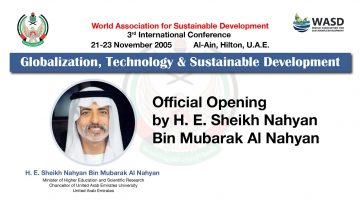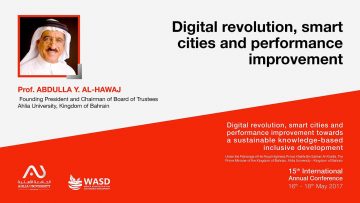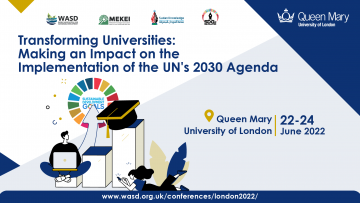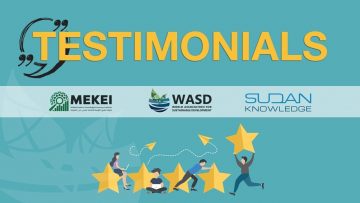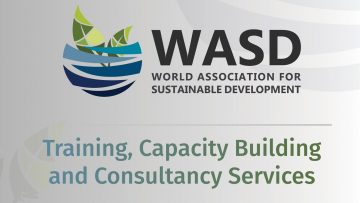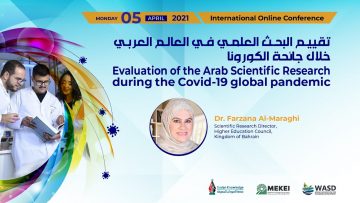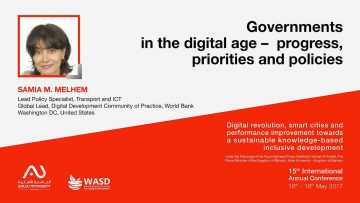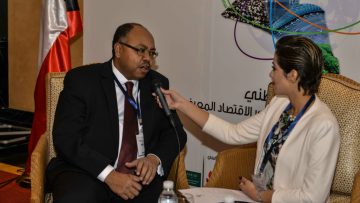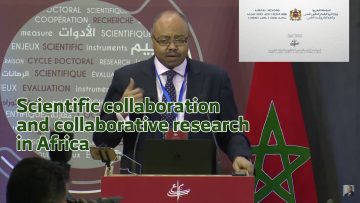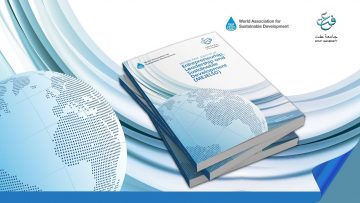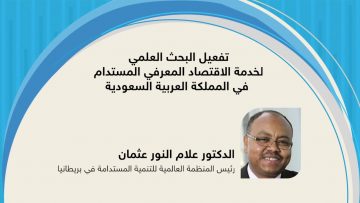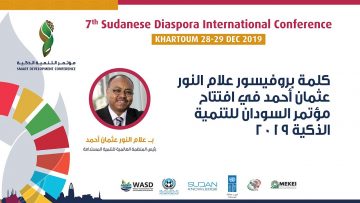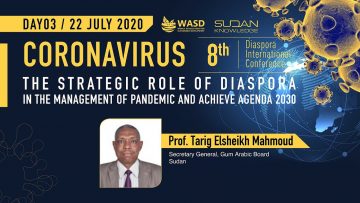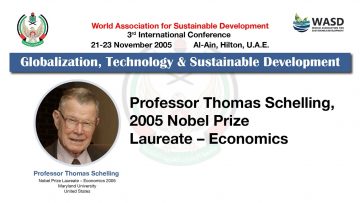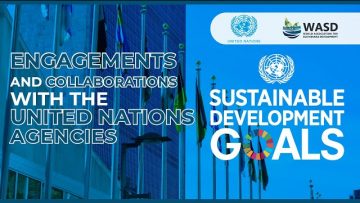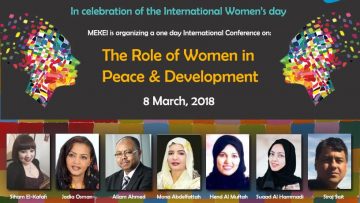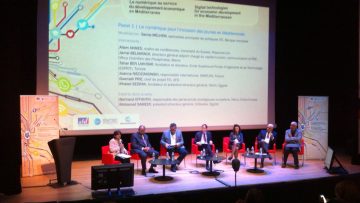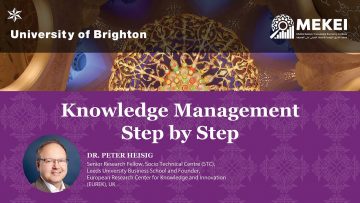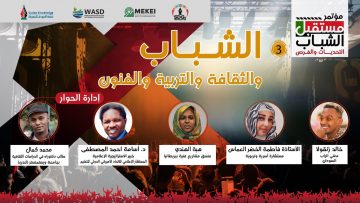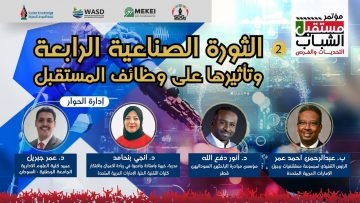(54) A peep into the ICT services ecosystem in Sudan, Dr. Hassan Hamdoun, Osama Mohammed Khair, Osama Mohammed Ibrahim and Marwan Adam
Dr. Hassan Hamdoun
School of Natural and Computing Sciences University of Aberdeen
Kings’ College, Aberdeen
AB24 3UE
Osama Mohammed Khair
Zain-Sudan
Osama Mohammed Ibrahim
Zain-Sudan
Marwan Adam
Sudanese Knowledge Society Khartoum
Sudan
Email: m.adam@skscociety.org * (correspondence author)
DOI: 10.47556/J.IJIKMMENA.5.2.2016.3
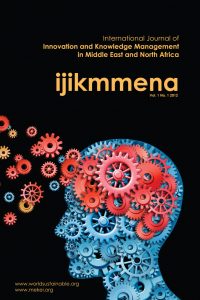 Purpose: To analyse the ICT services performance against the telecommunications and ICT purpose and mandate, taking into account stakeholders’ role in the ecosystem.
Purpose: To analyse the ICT services performance against the telecommunications and ICT purpose and mandate, taking into account stakeholders’ role in the ecosystem.
Design/Methodology/Approach: This article presents a benchmarking analysis on the ICT services performance in Sudan between 2005-2015. It uses qualitative and quantitative analysis to measure the effectiveness and efficiency of ICT services and the underlying ecosystem. A set of 12 commercial, 10 financial, 7 technological and 6 traffic utilization Key Performance Indicators (KPIs) were selected as data collection measures. Data were collected from various public sources, including the International Telecommunications Union (ITU) and the World Bank. Similarity grouping was performed using demography, development and socio-economic data in order to find the set of countries with similar underlying characteristics and environment to Sudan. A machine learning K-means clustering algorithm was implemented for this purpose.
Findings: Results describe Sudan’s position among the World countries belongs to its cluster. Benchmark graphs are presented highlighting how the ICT sector performs in economic, social and technical competencies. The discussion of results includes the efficiency and effectiveness, competitiveness, accessibility and affordability, market and services transformation, and the readiness of the ICT market to take an enabling role in socio-economic development.
Originality/Value: The article offers a critical study of the status of ICT in Sudan, and maps it to the country’s national ICT mandate and objectives, allowing recommendations to be drawn by various ecosystem stakeholders. Insights gained offer valuable conclusions that feed into policy analysis and recommendations of the interventions needed to put ICT to effective use, positively impacting the ICT sector.
Keywords: ICT Services, Sudan, ICT Diffusion, Access and Penetration, Competitiveness Index, Human Development Index, Innovation, Mobile Digital Economy
Reference to this paper should be made as follows: Hamdoun, H., Khair, O. M., Ibrahim, O. M. and Adam, M. (2016) ‘A Peep into the ICT Services Ecosystem in Sudan’, Int. J. of Innovation and Knowledge Management in the Middle East and North Africa, Vol.5, No.2, pp. 81-90.





